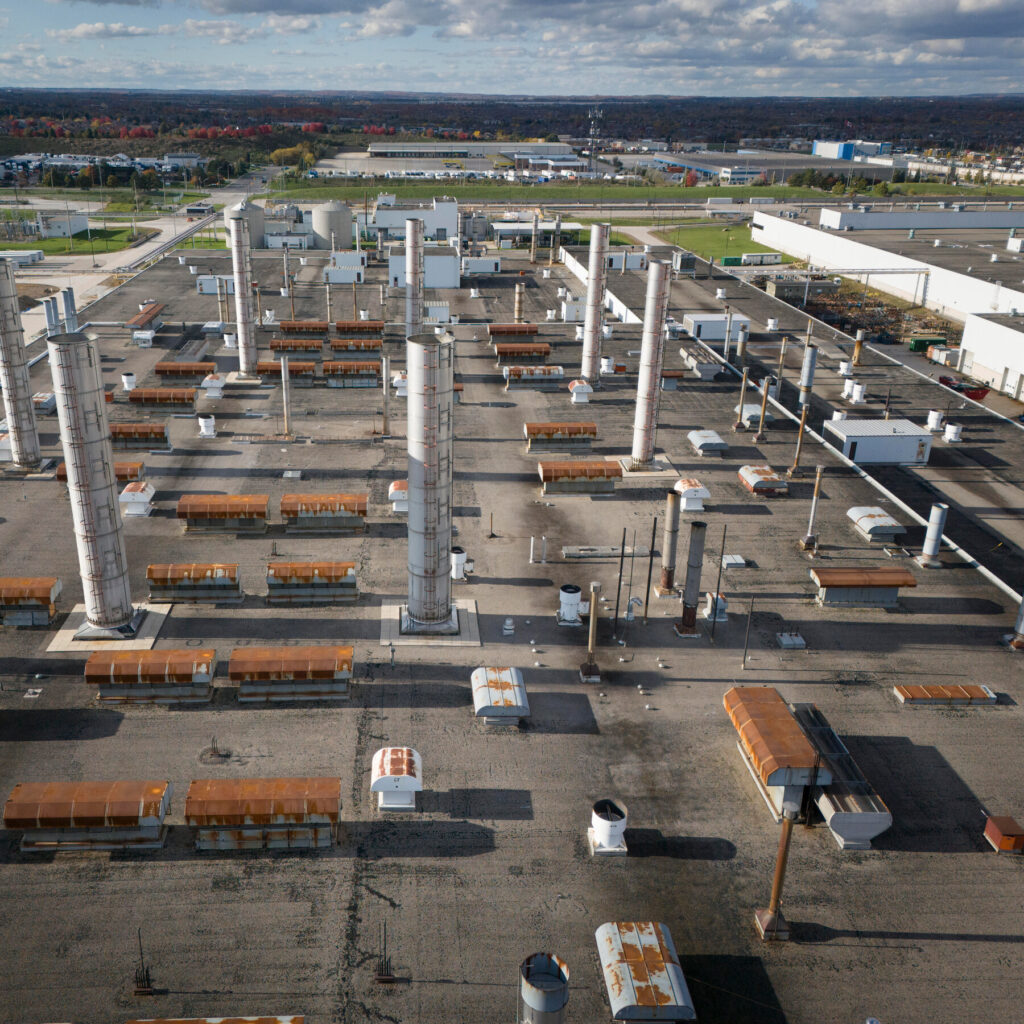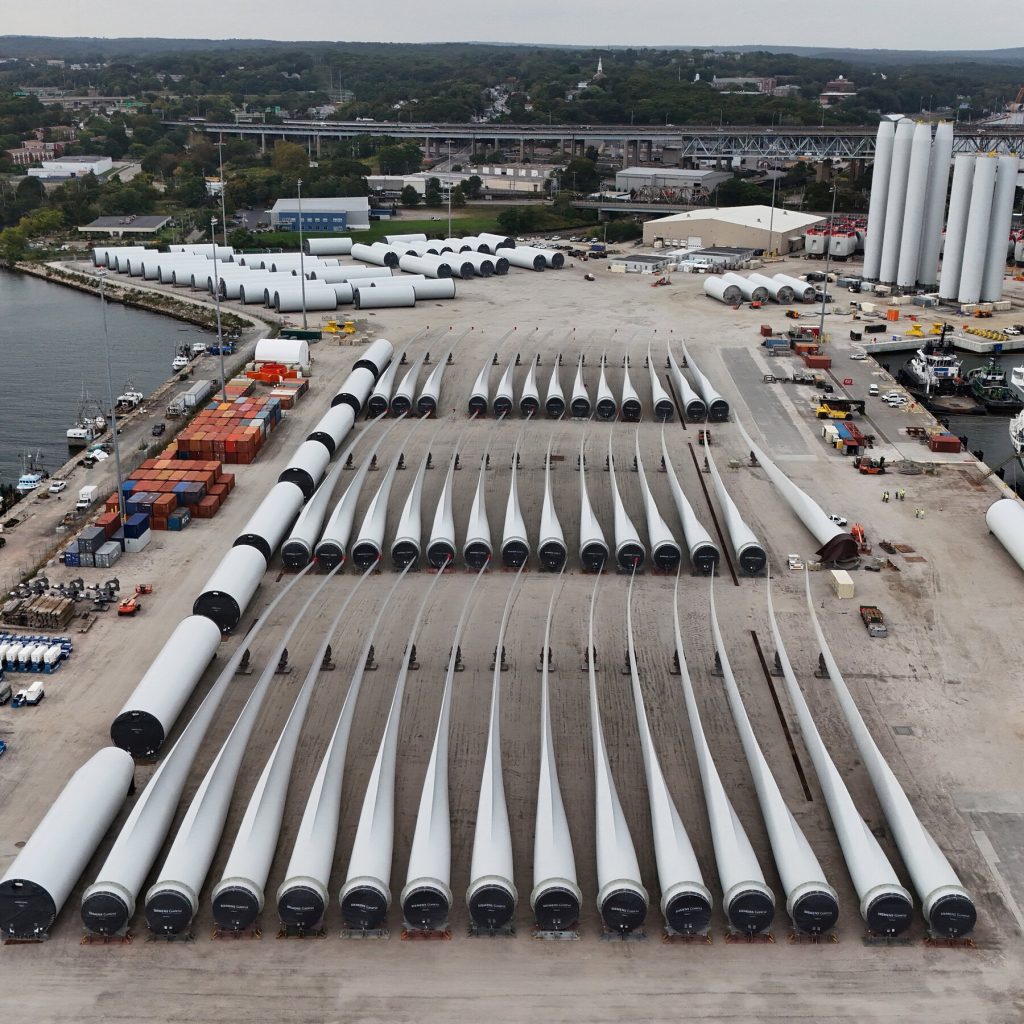Trump’s Tariffs Scar Canadian City Where Cars Have Been Made for Decades

The once‑thriving automotive hub of Brampton, Ontario, has been hit with a blow that feels like a betrayal to the thousands of workers who have spent their careers on the factory floor. For nearly six decades the city has been synonymous with car production, anchored by the Stellantis‑owned Chrysler Assembly Plant that once employed thousands of locals.
That stability was shattered when the automaker announced it would move a significant portion of its Canadian operations to the United States—a decision driven largely by the steep tariffs imposed by former U.S. President Donald Trump on vehicles imported from Canada. The tariffs, which can reach as high as 25 % on “foreign‑made” cars and are reduced only when a vehicle contains at least 50 % U.S.‑origin parts, have forced manufacturers to rethink where they build to keep costs competitive.
The news sent shockwaves through Brampton’s working‑class community. Long‑time employees describe the move as “a punch to the gut,” expressing anger and a deep sense of abandonment. Many fear that the loss of jobs will ripple through the city’s economy, affecting not only the plant workers but also the small businesses that have long depended on the steady flow of wages from the auto sector.
Brampton sits in Ontario’s Golden Horseshoe, a region historically buoyed by auto factories, steel mills, and a dense network of suppliers. Over the past decade, however, manufacturing has already been in decline as production shifted to lower‑cost locations abroad. The new tariffs have accelerated that trend, threatening to erode the remaining industrial base and undermine the city’s identity as a manufacturing engine.
The impact is not confined to Brampton. Just across the border, Windsor—another cornerstone of Canada’s auto industry—has felt the tremors. Stellantis announced a temporary shutdown of its Windsor assembly plant, putting more than 4,500 jobs on hold. Workers there echo the same anxiety, fearing that a temporary pause could become permanent if tariff pressures persist.
Small‑scale suppliers are also feeling the squeeze. The Wu family’s Stratus Plastics International, a 36‑employee injection‑moulding shop that produces car parts, reported a 20 % drop in orders since the tariffs were announced. Their story mirrors countless others in the region, where reduced demand from the big automakers translates into layoffs, reduced hours, and an uncertain future.
Industry analysts warn that the cumulative effect of these tariffs could push the broader North American economy toward recession. The Canadian Vehicle Manufacturers’ Association has warned that continued trade friction could trigger widespread job losses, lower vehicle sales, and a slowdown in related sectors such as steel and aluminum—materials already hit by a separate 50 % tariff on Canadian imports.
For the workers of Brampton, the pain is personal. Union representatives say morale is at an all‑time low, and community leaders are scrambling to find ways to attract new investment or retraining programs to mitigate the fallout. City Hall’s display case—once filled with symbols of local manufacturing pride, from toy cars to a Coca‑Cola bottle—now sits untouched, a silent reminder of an industry in retreat.
As the trade war between the United States and Canada drags on, Brampton stands on the front lines of an economic battle that threatens to reshape the city’s future. The tariffs have not only altered supply chains; they have shaken the confidence of a community that has built its identity around the roar of assembly lines for generations. The long‑term consequences remain uncertain, but the immediate reality is clear: workers in Brampton feel betrayed, angry, and anxious about what comes next.





